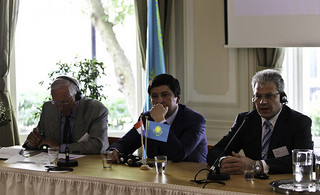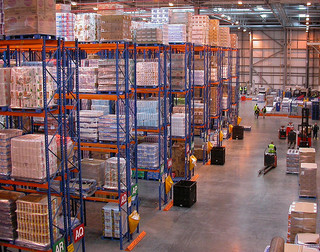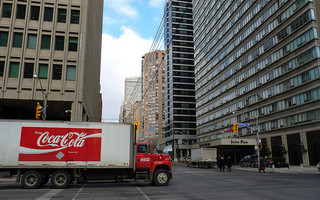Tanzania Continues to Struggle with Corruption in Public Procurement

Government corruption and procurement fraud are concerns for nations around the world, but for some countries, an effective and transparent public procurement system is even more of a challenge. Tanzania’s war against corruption is an ongoing battle that the Public Procurement Regulatory Authority (PPRA) and the World Bank have fought for more than 15 years.
Anti-Corruption Initiatives in Tanzania
The Warioba Report, published in 1996, was Tanzania’s first major attempt to find and resolve government corruption in the nation. The commission developed a comprehensive plan to encourage integrity and transparency in the public sector. A World Bank report published two years later says, “Tanzania today suffers from widespread corruption at all levels in the Government (and it) is amply documented by the WR.”
In 2004, corruption and bribery were still problems in the procurement sector, prompting officials to pass Public Procurement Act, Chapter 410. Established under this law, the Public Procurement Regulatory Authority (PPRA) monitors “all public procurement activities carried by all public bodies in the mainland Tanzania.” This year, PPRA CEO, Dr. Ramadhani Mlinga is still urging government officials to enforce the procurement guidelines covered in the Procurement Act to end the problem.
Corruption Continues, Authorities Seek Solutions
According to Dr. Mlinga, “There is a lot of taxpayers’ money getting lost through procurement and without proper strategies to control and monitoring systems; procurement could easily turn into a bottomless pit for national resources to the detriment of the nation’s economy.” A 2011 PPRA audit of 315 procurement offices found a widespread lack of compliance throughout the country, including 18 entities with less than 50% compliance.
The biggest challenge today is an accepted trend across the nation. “Instead of negotiating for the prices to go down, public officials add a 10 per cent on the original price which goes into their pockets,” says Dr. Mlinga. Dar es Salaam Mayor, Dr Didas Masaburi agreed that corruption is still a big problem, but that the government can’t fight it alone. He suggests a whistle-blower initiative that rewards anyone who reports a bribe.







